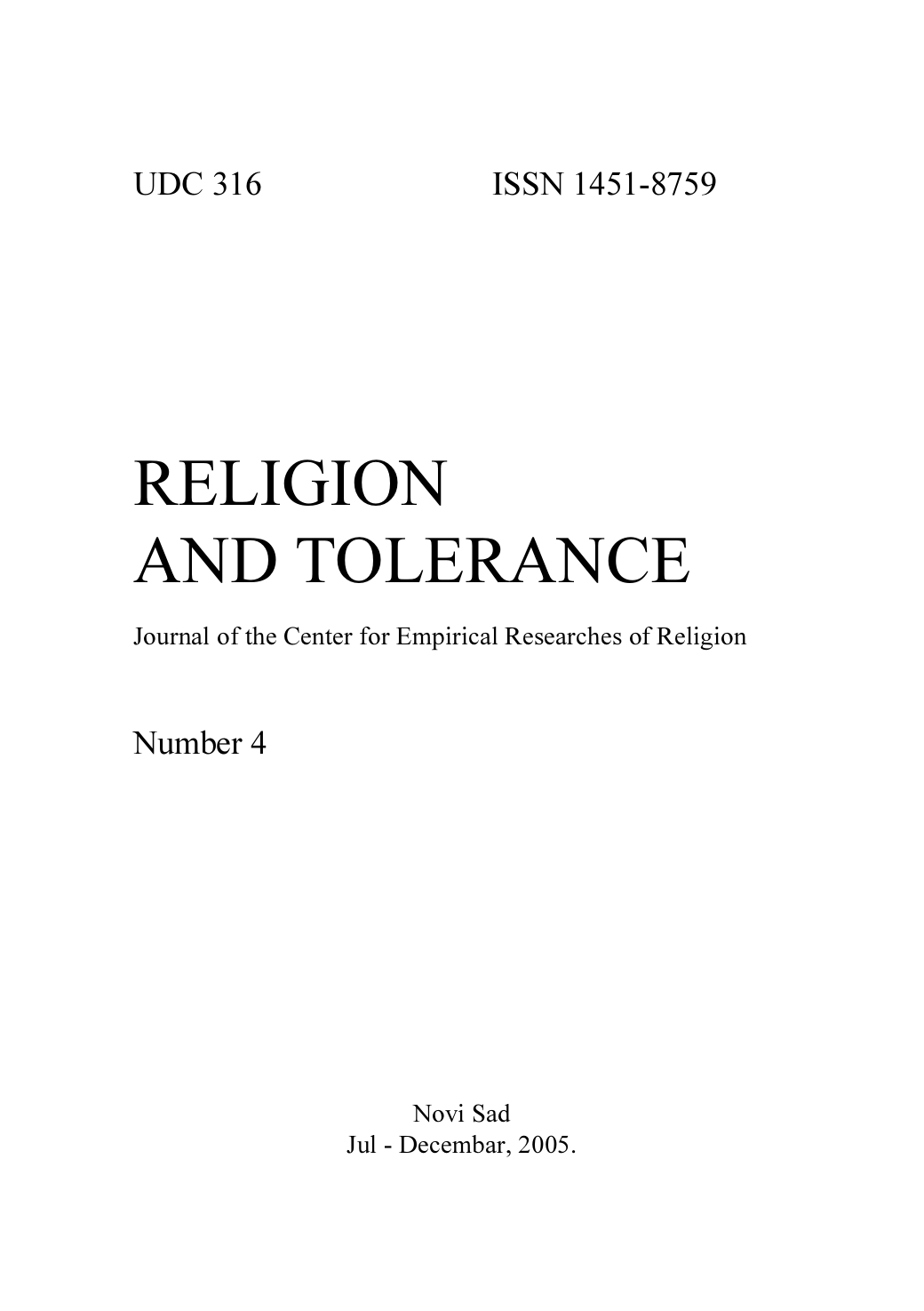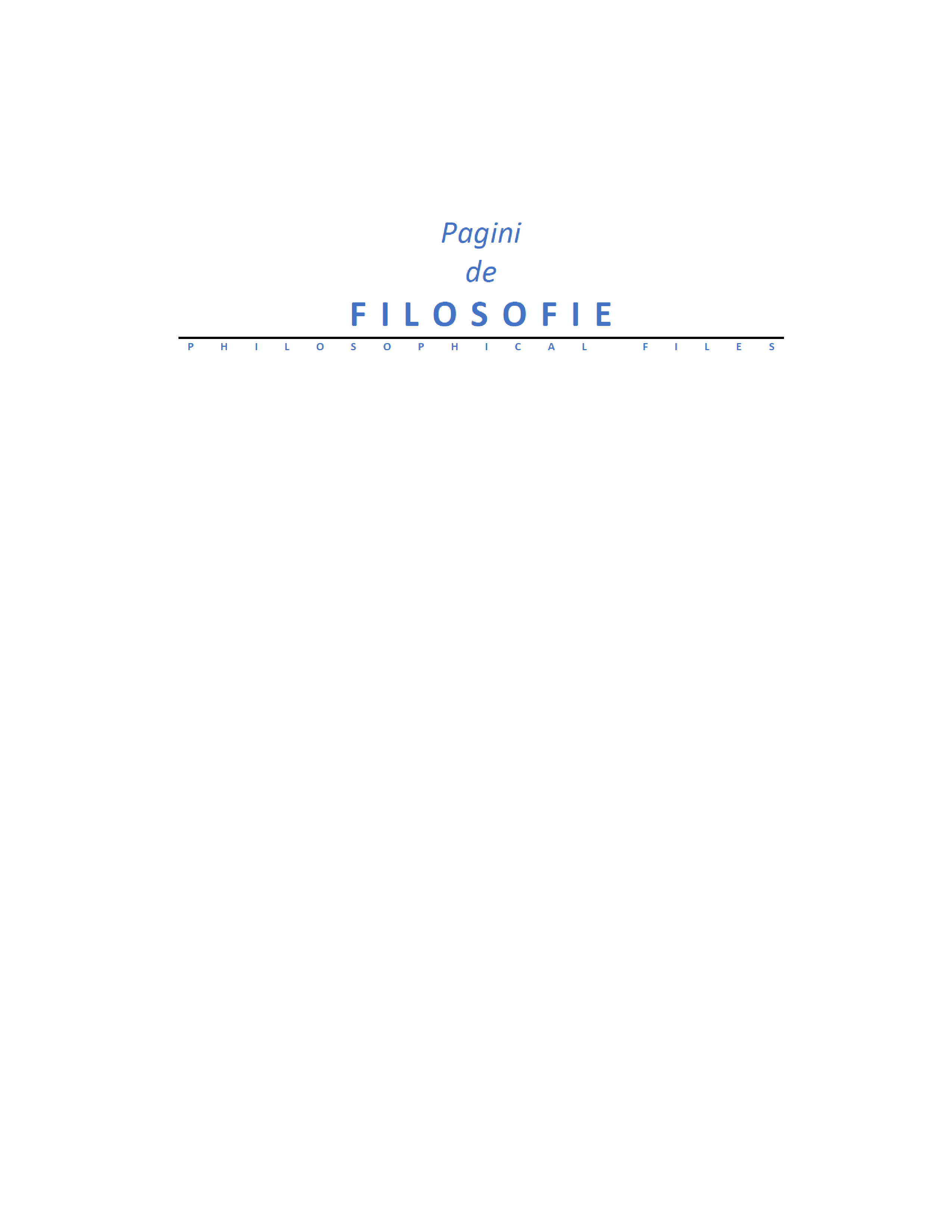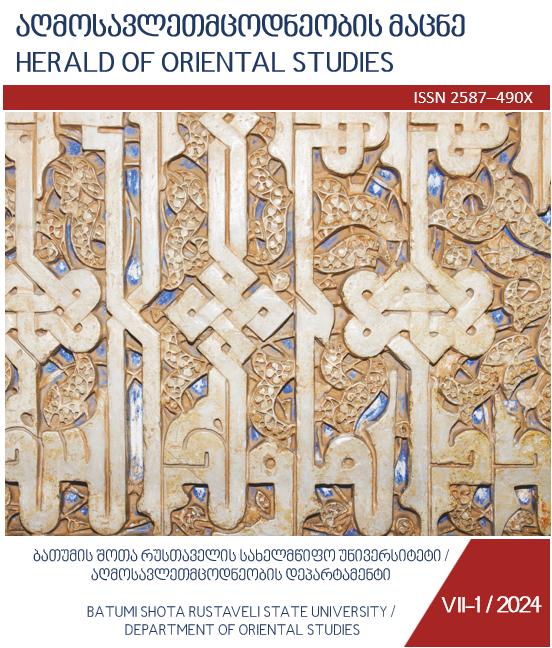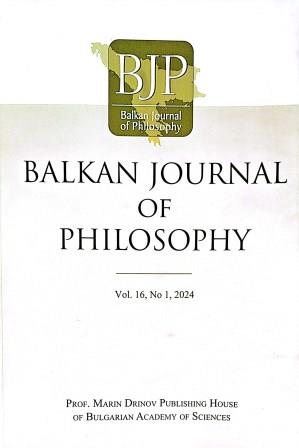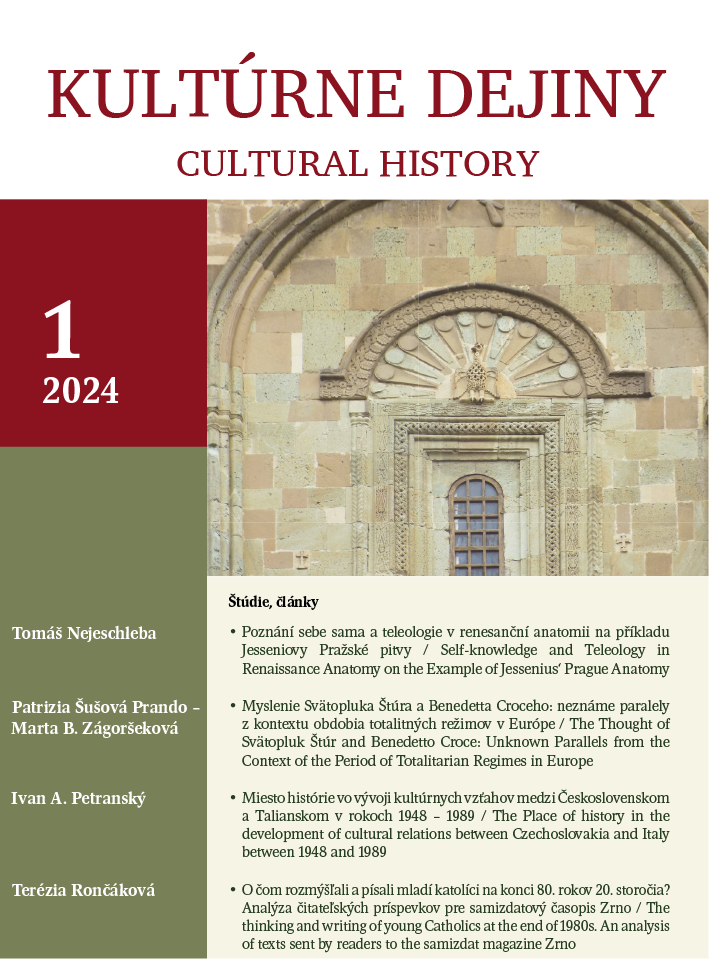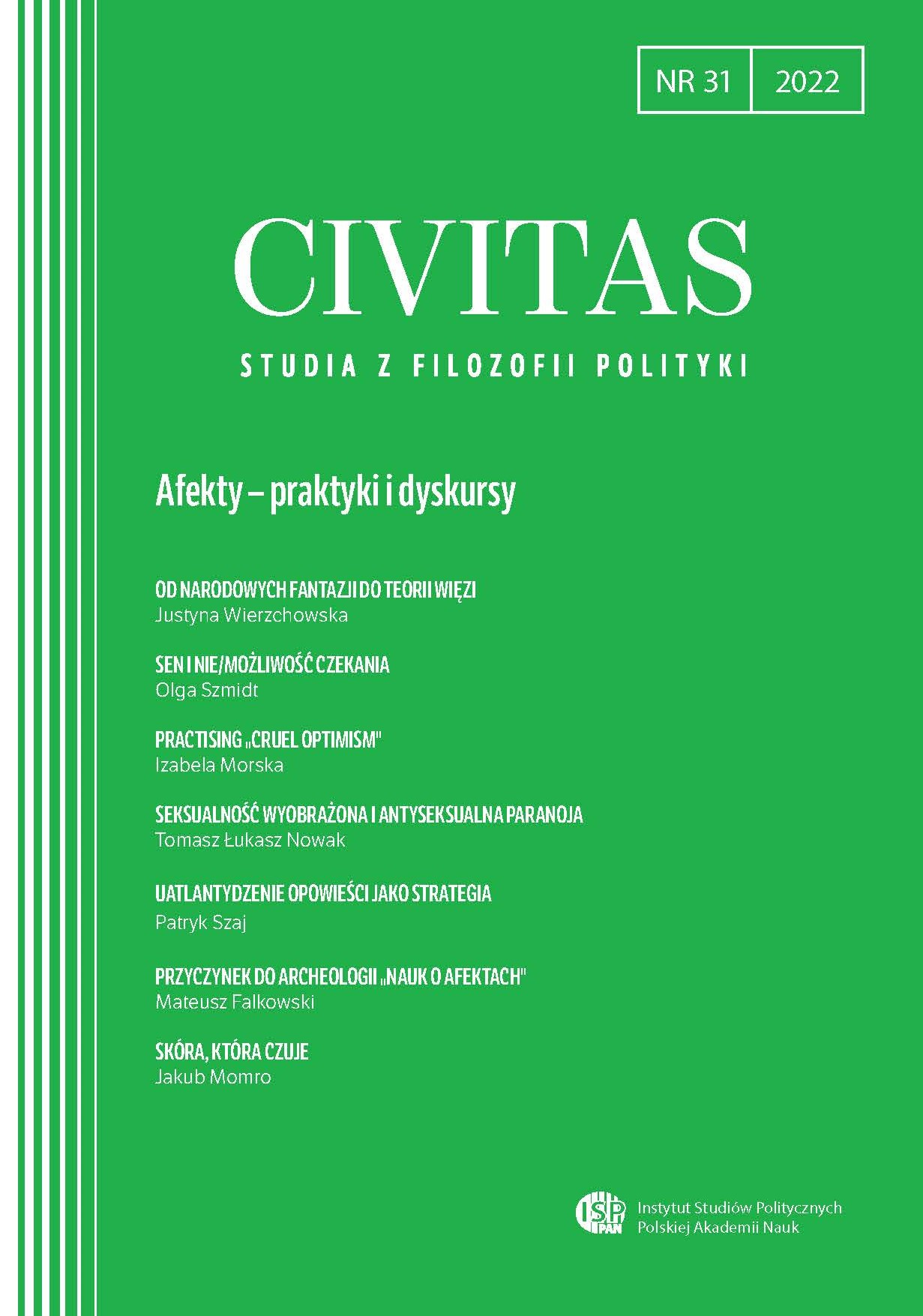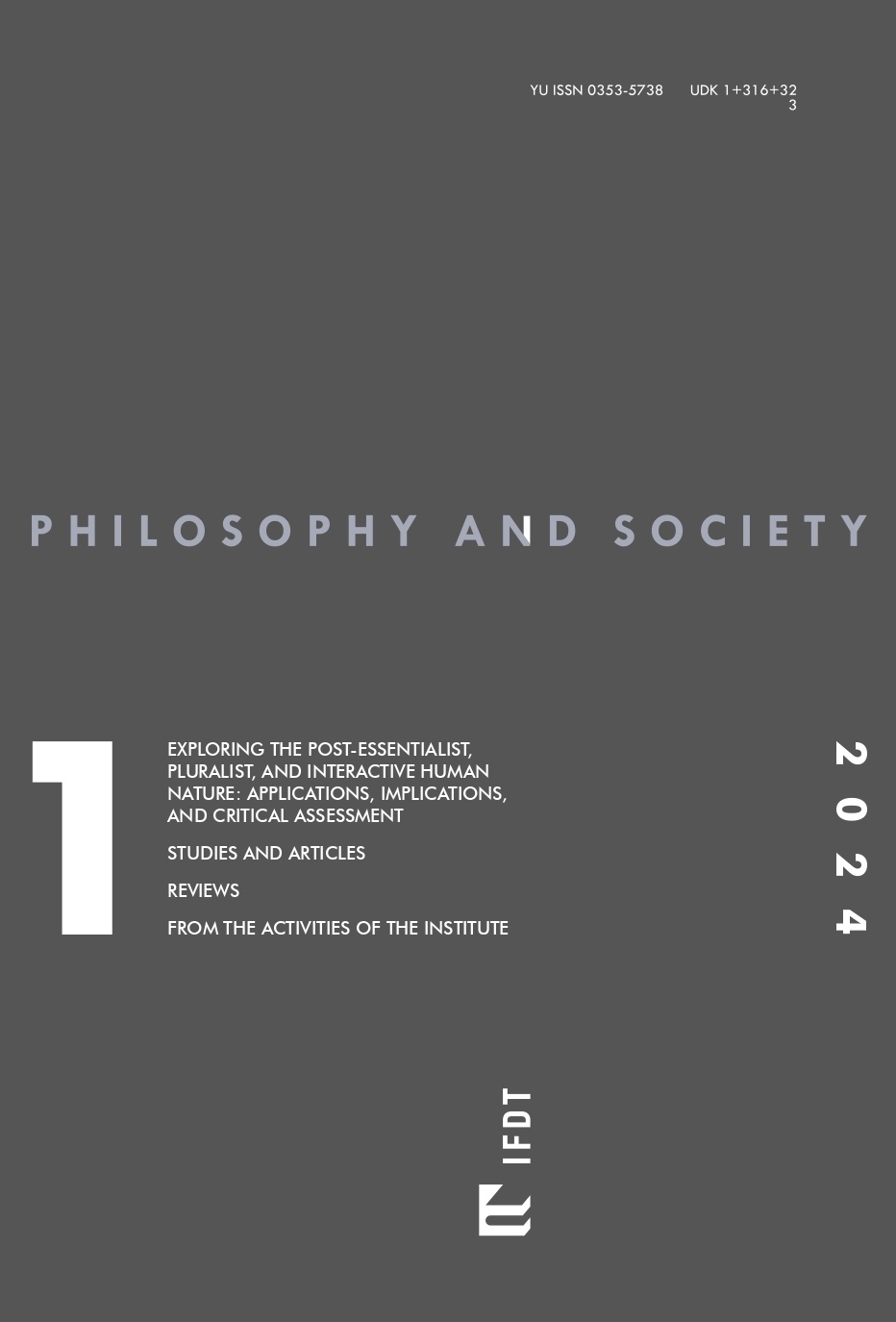Author(s): Dragoș Popescu / Language(s): Romanian,Moldavian
Issue: 3/2023
he following paper continues the exploration of the Romanian Marxism-Leninism, initiated by our journal. Now, we focus on the use of violence by the instrument of state in socialist Romania, whereas is connected to other funda-mental issues – the “class struggle”, a central notion in Marxist-Leninist theory of society, and the Marxist-Leninist perspective on the state.
The class struggle in modern Romania, before the communist regime, was firstly studied from a Marxist-Leninist point of view by Lucrețiu Pătrășcanu (1900-1954), in one of his books from 1945: A Century of Social Disturbances 1821-1907 [Un veac de frământări sociale 1821-1907]. In this work, the beginning of the Romanian modern times (around 1821) coincides with the be-ginning of a social process which will culminate in the socialist revolution. In our paper, we briefly examine the argumentation developed in Pătrășcanu’s book, which was based on the analysis of the social relations in modern Romania.
The socialist revolution aims at ending the class struggle. The end of the class struggle includes a stage of state’s destruction. The old state, considered as a weapon of the dominant class against the proletariat, will be finally destroyed by the proletariat itself. But, after the revolution, the class struggle does not stop, it becomes even intense as before. The Marxist-Leninist doctrine explains it as an apparent paradox. The socialist revolution (in Romania and elsewhere) produces the dictatorship of proletariat and a new type of state, an instrument that truly ends the class struggle. We take a look, in the present paper, to the conceptual structure and function of that new instrument (the socialist state).
The end of dictatorship of proletariat in Romania took place at the same time with the extinction of the exploitation class in the last years of the 1960s. The “class struggle” ended, but the “construction of socialism” continued, and the new state, the socialist state, grew stronger instead of disappearing. The low level of economic development of the new socialist state compared to the capitalist states, which have not been destroyed by revolution yet, as predicted by the doctrine, becomes a challenge for the Marxist-Leninist theory of society. Following these developments, the vision of the society as an “automatic process” emerges.
More...
